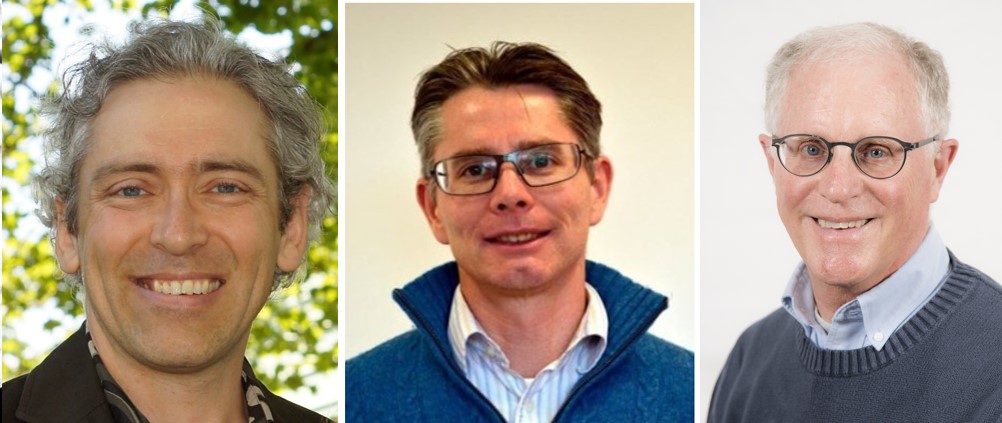Environmental Science: Processes & Impacts (ESPI) seeks your high-impact research for our upcoming Themed Issue on PFAS.
Guest Edited by Lutz Ahrens (Swedish University of Agricultural Sciences), Jonathan Benskin (Stockholm University), Ian Cousins (Stockholm University), Michelle Crimi (Clarkson University, USA) and Chris Higgins (Colorado School of Mines, USA), this issue will showcase studies which advance our understanding of the unique properties of PFASs and the risks these chemicals pose to the environment and human health, along with innovative approaches for chemical analysis, exposure assessment, modelling, and remediation of PFASs.
Examples of specific topics of interest for this Themed Issue include, but are not limited to:
- Sources, transport and fate of PFASs.
- Bioaccumulation in wildlife and human exposure pathways, including PFAS temporal and spatial trends in humans and wildlife.
- Emerging analytical methods for addressing the number and diversity of PFASs (e.g. total oxidation, suspect- and non-target screening, total organic fluorine, targeted approaches for emerging PFASs).
- Ecotoxicology and human toxicology, including mechanisms of action.
- Risk characterization and management.
- Regulation (e.g. short-chain and alternative PFASs).
This issue will be part a pair of Themed Issues on PFASs organized in collaboration with ESPI’s sister journal Environmental Science: Water Research & Technology (ESWRT). The ESPI Themed Issue will focus on occurrence, fate, behaviour and effects of PFAS; whereas the ESWRT issue will focus on treatment, remediation, and management of PFASs. Find out more about the ESWRT issue here.
Submissions for this Themed Issue are due by 31st May – If you would like to submit to this Themed Issue, please contact the Environmental Science: Processes & Impacts Editorial Office at espi-rsc@rsc.org to let us know.
Guest Editors: Left to Right – Lutz Ahrens (Swedish University of Agricultural Sciences, Sweden), Jonathan Benskin (Stockholm University), Ian Cousins (Stockholm University), Michelle Crimi (Clarkson University, USA) and Chris Higgins (Colorado School of Mines, USA)












